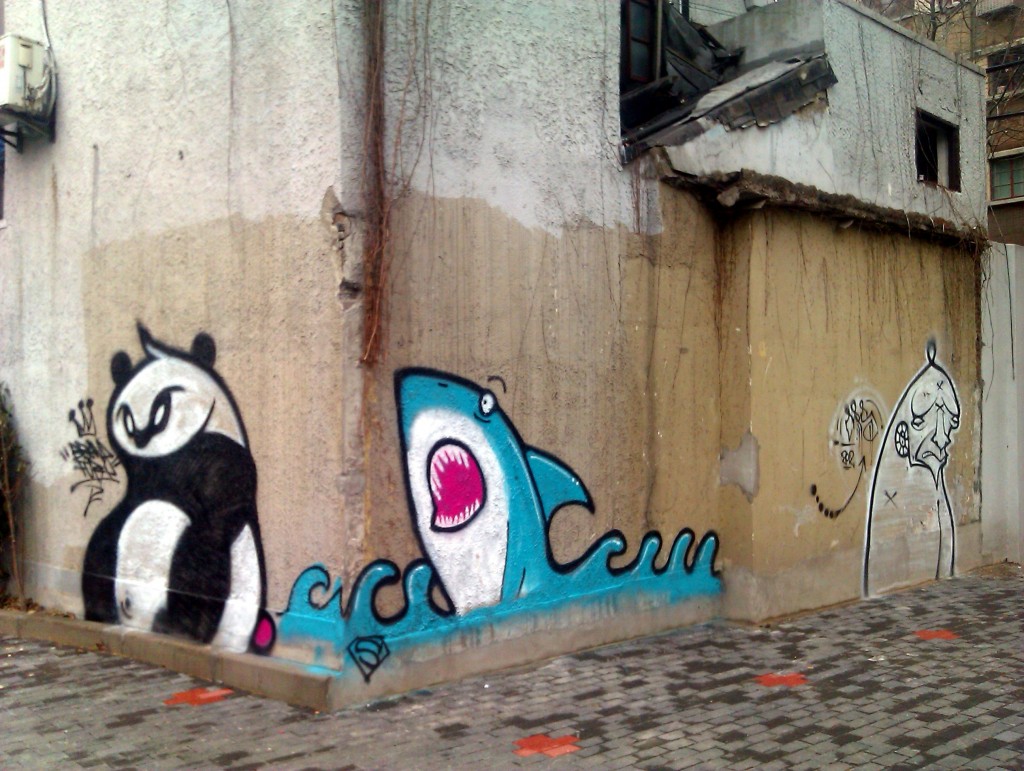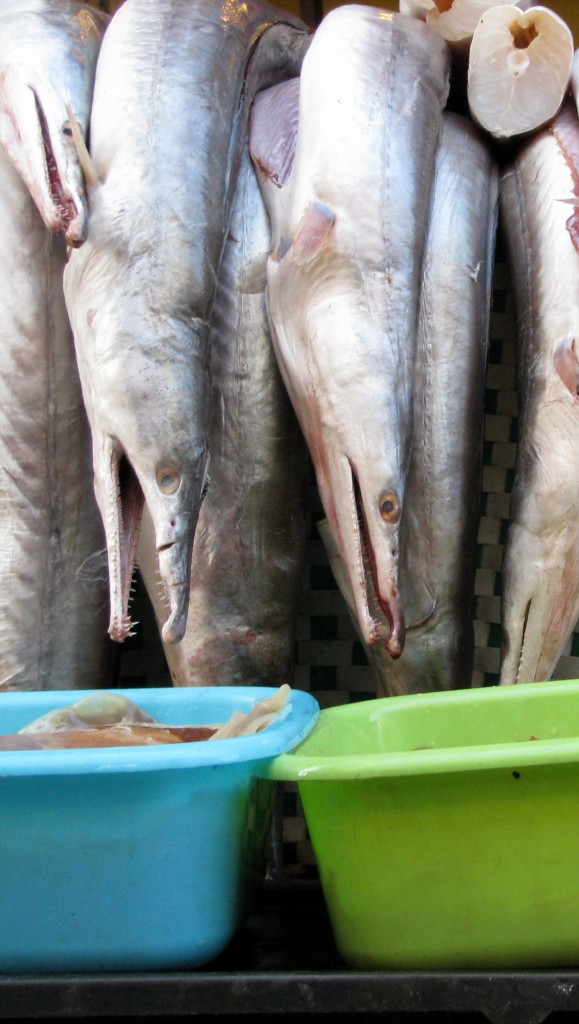
freshly painted across the street from our building
Monika and I are pleased to announce that the second event in our Salon 383 series will be held this Sunday, February 12 from 3 – 5pm.
Salon 383 seeks to create a space for artists, writers, designers, musicians and critics to present their work in a warm, informal atmosphere followed by discussion among the artists and audience members.
On Sunday, we’ll explore the surprising beauty of everyday sounds with composer and sound artist Yin Yi, learn from writer and art critic Gu Ling how to read classical Chinese poetry and calligraphy in the midst of the hypermodern cosmopolitan urban world of contemporary Shanghai, and hear the poetry of poet and translator Hai An in both Chinese and English. Scroll down for more information on the presenters and their projects below.
Coffee, tea, mineral water and snacks will be provided. RMB 20 admission. Please RSVP.
Sunday, February 12 from 3 – 5pm
Colorbox Creative Arts Center
83 Xiangyang Lu, #20, first floor
上海市襄阳路383弄20号
Acoustic Sound Art | Yin Yi
If one were to ask you how many sounds you heard on your way home yesterday, what would your answer be? Think not of the sounds you “should have” heard, but the ones you really heard. Shanghai-based sound artist Yin Yi will talk about his love affair with acoustics and sound and present a micro-acoustic concert that explores the charisma of sound itself.
Reading Chinese Poetry | Gu Ling
A few foreign friends of mine hang Chinese poetry written in calligraphy in their homes without knowing the meaning of the poetry or how to read it. This presentation provides a how-to gateway into Chinese poetry using images, sound and film.
Bilingual Poetry Reading | Hai An
The poet Hai An will read a selection of poems selected from throughout his writing career, and David Perry will read versions of the poems in English translation.
*
Yin Yi is a Shanghai-based composer, sound artist and location recording producer. He is also the founder of the BM Space Art Space (Douban page). As an independent composer, his range of work includes live music performance, modern dance, drama, physical theatre and film. As a sound artist, Yin Yi focuses on sounds from the city and daily life and has been researching a sound art project title “City Sound Travel.” He also teaches digital audio technology and sound design.
Gu Ling is a Shanghai-based writer, translator, and media and art researcher and critic interested in the variety of Chinese classical art practices and how they relate to modern life. She works for trueart.com and is a contributing writing for the arts site randian 燃点 (“Flashpoint”).
Poet and translator Hai An was born in Taizhou, Zhejiang and now lives in Shanghai. He has published a number of volumes of poetry, translated the work of many foreign poets into Chinese, edited a major anthology of Western poetry in Chinese translation, and appeared a several international poetry festivals and conferences both in China and abroad. He teaches literature at Fudan University.



